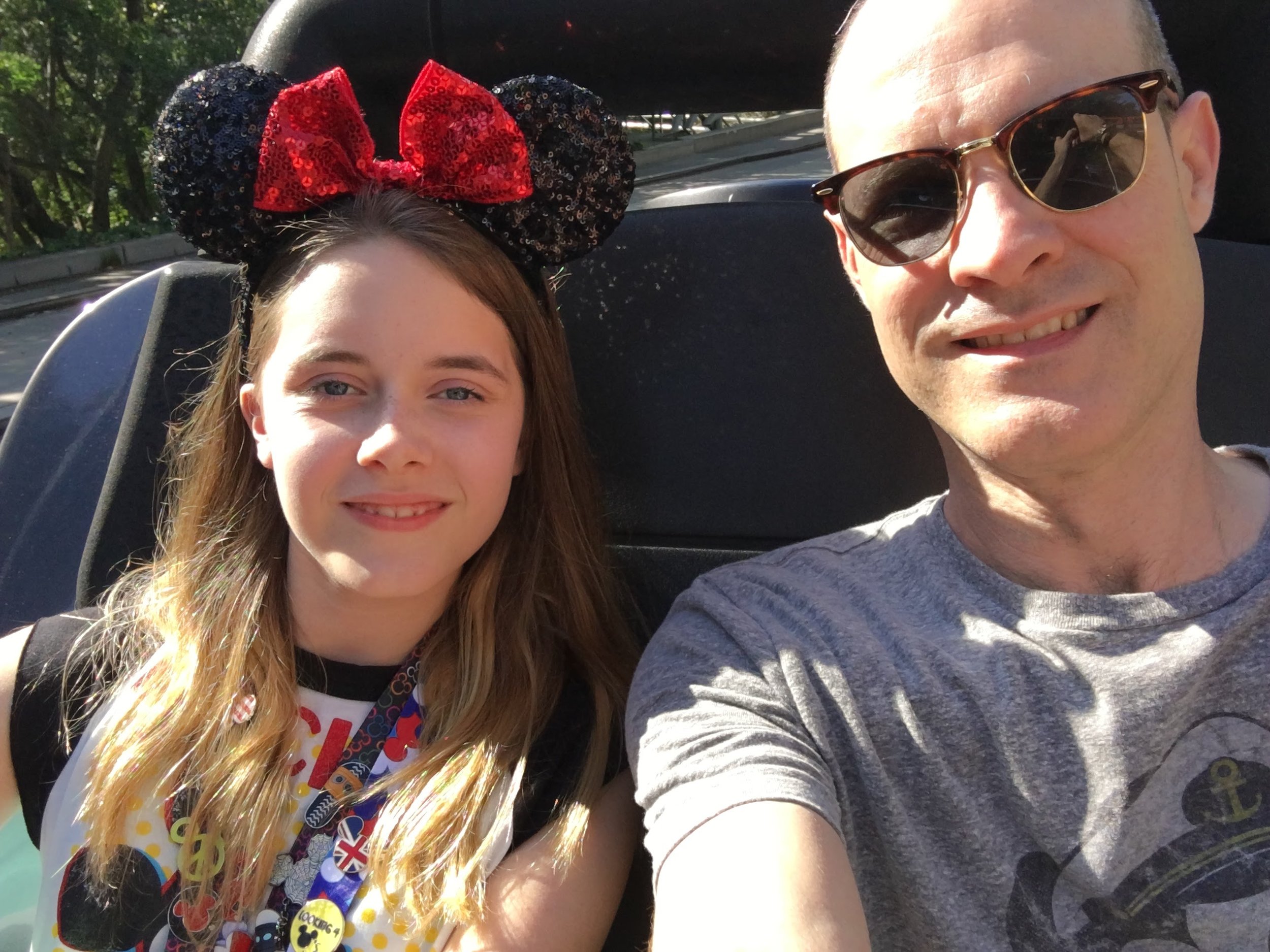Write Your History, Or Someone Else Will: Meeting Notes and Documentation, Part I
A lot of books have been written, conversations had, and people pontificated about the value of “effective meetings.” I don’t need to go into the gory details of how to put an agenda together, set action items, put people’s names to them and then drive against it. Those are all important, Great books, templates, worksheets that cover those details exist. These are all techniques for making meetings a conversation that actually drives somewhere. I’d argue that there’s one thing that’s more important than all of those things - clear documentation.
Meeting Documentation
Photo by JESHOOTS.COM on Unsplash
Documentation is difficult, time consuming, and at the time, writing down what was discussed doesn’t feel like it adds value. We've all heard or made these excuses. "We talked, everyone knows what was said, right?" Or, "Johnny agreed to take action, and he’s a big boy so the tasks will be accomplished, right?" Or, worse, "I’m a <insert important title>, therefore I should not have to be the one to write down what happened in the meeting, right?"
The honest truth is if what happened, what was discussed, and what was agreed upon is not documented (written down, shared and then reviewed at a later date), then it didn’t happen. Someone needs to clearly write down what happens in a meeting. Someone needs to organize those thoughts. Someone needs to clearly show commitments made in the meeting. Someone needs to share the information in a meaningful way and refer back to that information. Why shouldn’t that be you? When a meeting is not documented; the meeting did not happen. The meeting was off the record, can’t be referred to later for clarification and people can’t be held accountable (or celebrated, but that’s another column).
What is a meeting?
Meetings are not only a scheduled event where several people come together in a room and formally cover an agenda and leave (feeling either good, bad, or indifferent about the results). And, meetings down only happen in a conference room. They happen between two or three people in the hallway, on the phone, or at a desk. Many times, these mini-meetings are the most important, and therefore, begging to be documented.
Photo by rawpixel.com on Unsplash
There are many other items I can cover, but the point I want to make here is this: Proper documentation allows you to think about and record what’s important in a conversation and in your job. Documentation tracks where your time goes, and ultimately, it helps you work yourself out of a job so you can grow.
You took the time to read (or skim) this post, this documentation of my thoughts. Do me a favor, and try two things in the next week.
The next time you are in a room and people are talking about something important:
- Write down the date. Write down who was there. Write down what was discussed any conclusions made. Write down anything someone said they would do (and the date by which the action would be completed) and email it to the group afterwards. Nothing formal, nothing long, just a quick recap.
The next time you are talking with someone and you agree to take on a task, send them a quick email. Something like this:
- “Hi <insert name>, thanks for talking with me about <insert topic>. If I understood correctly, we decided <conclusion made>. I agreed to <insert commitment> and will have it done and to you by <date>." (This can also be used as a Mad Lib.)
Then, let me know how it felt in the comments below.
Thank you for your time,
Dylan
Dylan Pedersen is currently the IT Director and Co-Founder of Touchstone Claim Solutions, and Co-Founder and CTO of Ataraxis, Inc.. He's also a technical project management consultant for clients who want to use technology to further their business goals.
He spent 10 years at Hewlett Packard playing in many areas, including Helpdesk implementation and business development and technical implementation for Fortune 500 and 100 companies. He's a do-gooder who does what feels right for clients without batting an eye. It’s the reason we’re his biggest fans (well, with the exception maybe of his wife and kids, who we're pretty big fans of as well).



